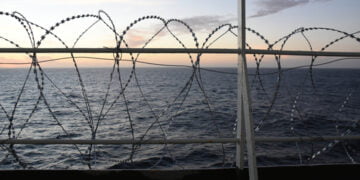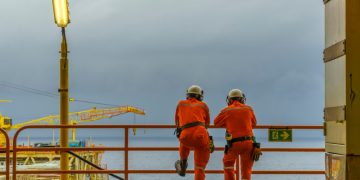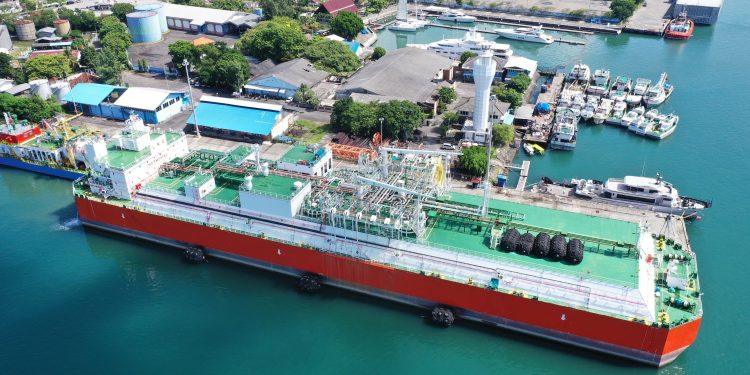The European Commission approved, under EU State aid rules, an estimated €4.06 billion German measure to support the operation of four storage and regassification units (FSRUs) for the import of Liquefied Natural Gas (LNG).
The measure aims to address energy market disruptions caused by Russia’s invasion of Ukraine and the halt of pipeline gas supplies from Russia to Germany. The FSRUs, two of which started operating quickly, provide an additional import route to replace part of the lost Russian gas. The FSRUs are a temporary solution until permanent on-shore LNG terminals are completed in Germany to ensure long-term gas supply.
The aid, in form of a direct grant, covers the losses incurred by Deutsche Energy Terminal (DET) for operating the FSRUs until the end of their charter period. As they were chartered at the peak of the energy crisis when demand and costs were very high and their limited operating time frame does not allow for full cost recovery, these terminals were expected to operate at a loss from the outset. The total net contribution between 2023 and 2033 is expected to amount to €4.06 billion. In case of higher losses than expected, the total net contribution could amount to €4.96 billion.
Furthermore, Germany has committed to stop operating the Brunsbüttel and Stade terminals once the planned on-shore LNG terminal at those locations become operational, preventing market overlap. Once the on-shore LNG terminals are active, the FSRUs will be sub-let at market rates, following worldwide calls for interest open to all bidders and locations, until the lease contracts expire.
Going forward, the capacity of the terminals will be auctioned in three different products:
- A minimum technical capacity, subject to a delivery obligation, needed to ensure that the terminals remain operational in steady regime, therefore available at all times to ensure gas security of supply.
- Medium term (3-4 years).
- Short term (1 year).





























































